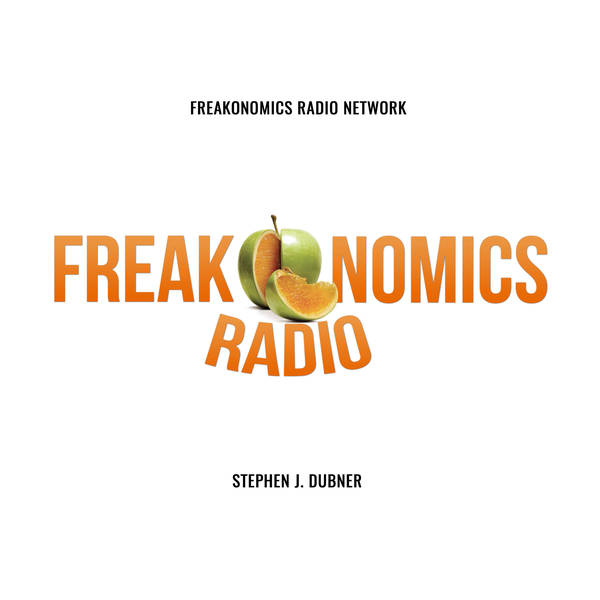
513. Should Public Transit Be Free? (Update)
It boosts economic opportunity and social mobility. It’s good for the environment. So why do we charge people to use it? The short answer: it’s complicated. Also: We talk to the man who gets half the nation’s mass-transit riders where they want to go (most of the time).
SOURCES:
Marcus Finbom, traffic planner in Stockholm, Sweden.Robbie Makinen, former president and C.E.O. of the Kansas City Area Transportation Authority.Janno Lieber, chair and C.E.O. of the M.T.A. in New York City.Brian Taylor, professor of urban planning and public policy and director of the Institute of Transportation Studies at U.C.L.A.Shashi Verma, director of strategy and C.T.O. at Transport for London.Michelle Wu, mayor of Boston.
RESOURCES:
"Free Bus Service Starts Sunday on 5 Routes in New York City," by Ana Ley (The New York Times, 2023).“Vehicle Access and Falling Transit Ridership: Evidence From Southern California,” by Michael Manville, Brian D. Taylor, Evelyn Blumenberg, and Andrew Schouten (Transportation, 2023).“Route-28 Fare-Free Pilot Evaluation: Summary Findings,” by the City of Boston Transportation (2022).“Forget Fare Hikes — Make the T Free,” by Michelle Wu (The Boston Globe, 2019).Traffic Power Structure, by Planka.nu (2016)."The Impacts of Neighborhoods on Intergenerational Mobility: Childhood Exposure Effects and County-Level Estimates," by Raj Chetty and Nathaniel Hendren (NBER Working Paper, 2015)."Fare, Free, or Something in Between?" by Jennifer S. Perone and Joel M. Volinski (World Transit Research, 2003).Planka.Nu.
EXTRAS:
"Why Is the U.S. So Good at Killing Pedestrians?" by Freakonomics Radio (2023)."Should Public Transit Be Free?" by Freakonomics Radio (2022).“Should Traffic Lights Be Abolished?” by Freakonomics Radio (2021).“The Perfect Crime,” by Freakonomics Radio (2014).“Parking Is Hell,” by Freakonomics Radio (2013).